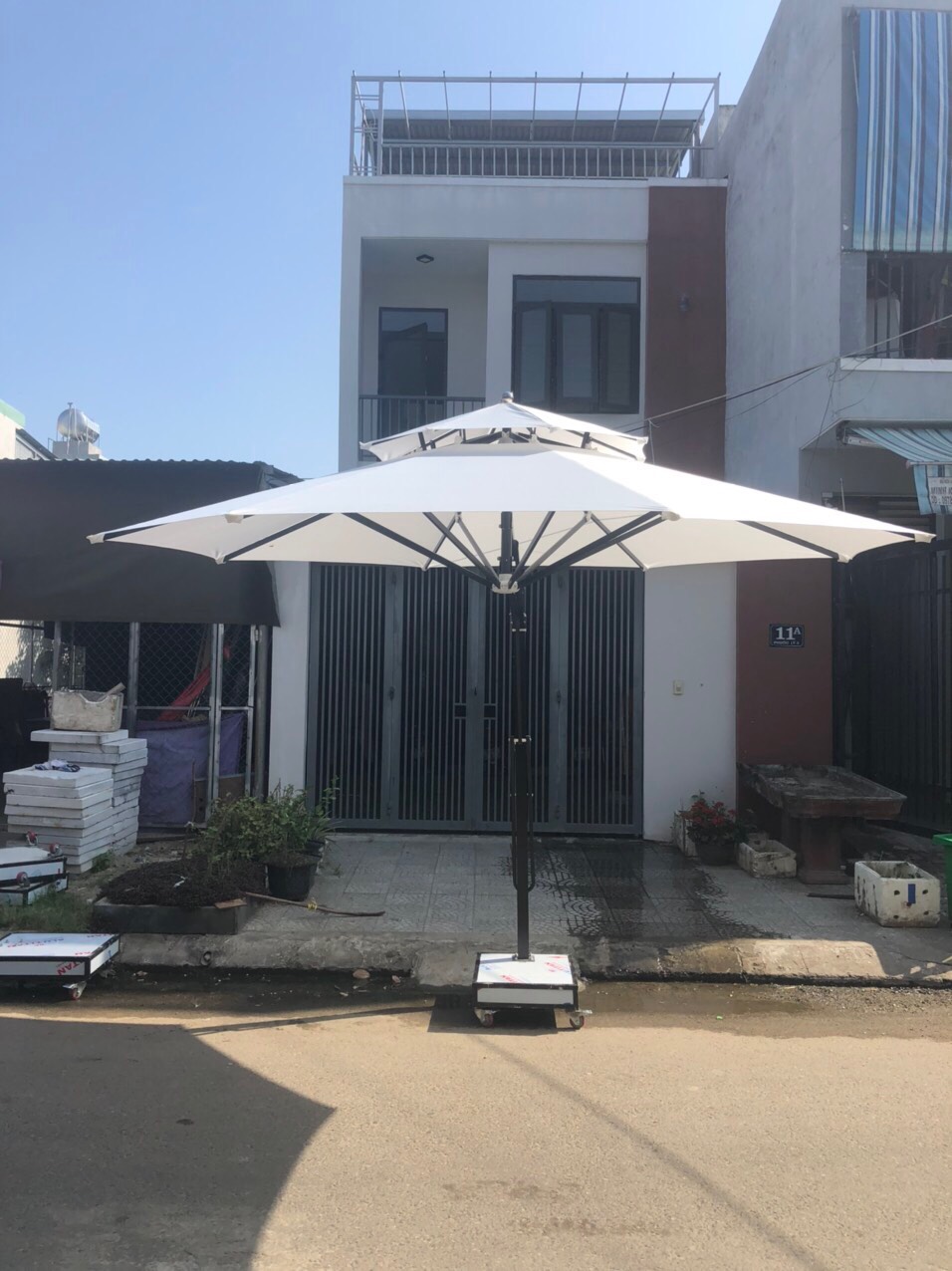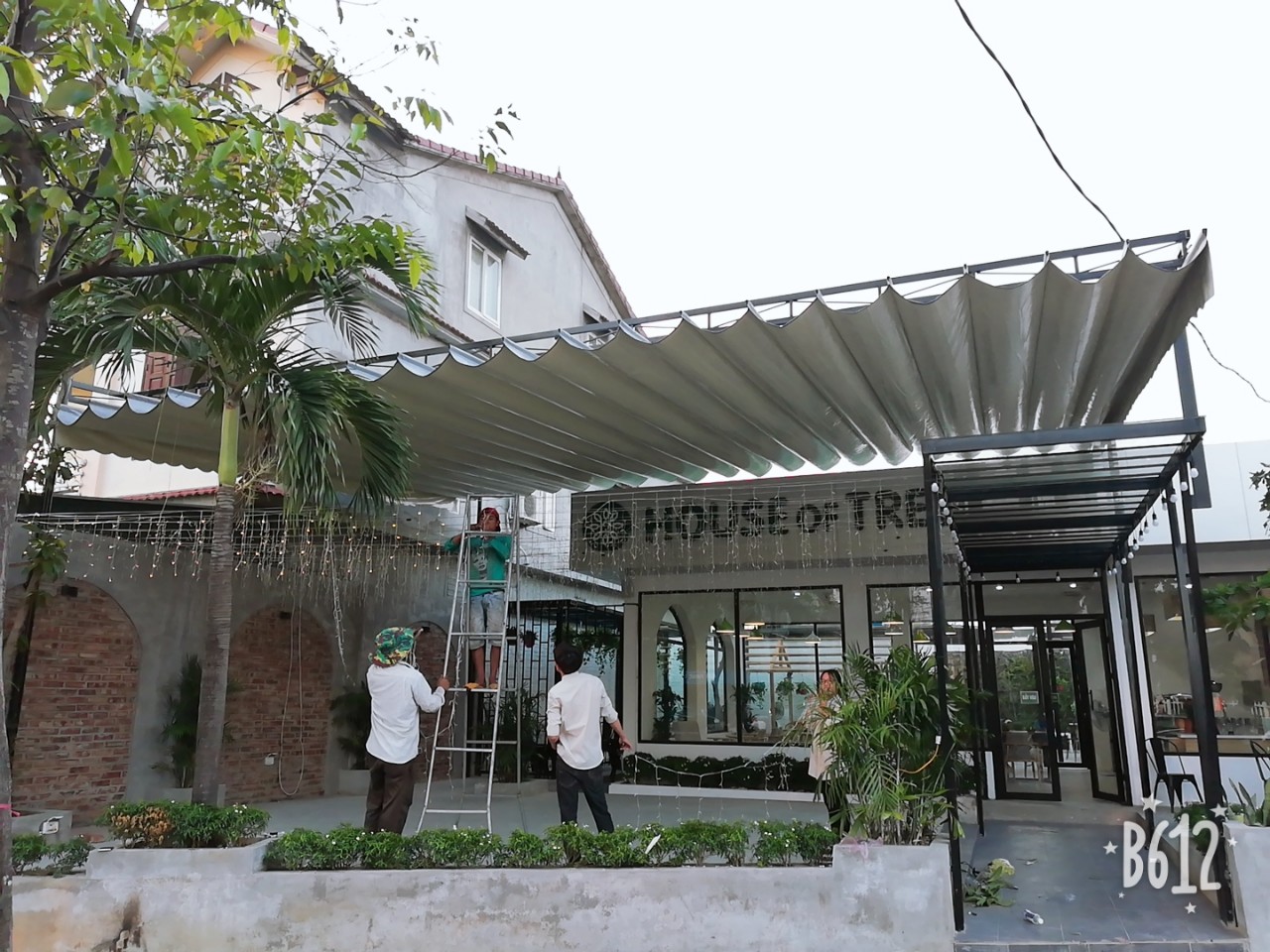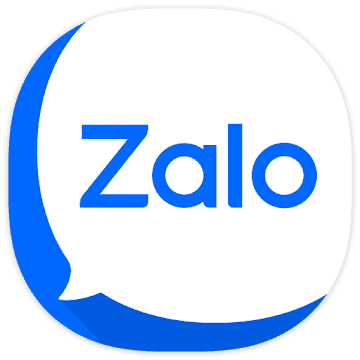-

-
16March
- Dù Che Nắng Tại Hà Tĩnh
Viết bình luận
Joshuaempor (chưa được kiểm chứng)
- phản hồi
Email:
margueritedixon2004@ovigefml.com
Since India’s independence from Britain in 1947, the status of English in India has been deeply political – entwined with questions of identity, power, and national direction.
Today, English is one of several official languages in India, spoken by about 10% of the population. Hindi is the first language for around 44% of citizens, according to the 2011 census.
трипскан сайт
But in recent years, Modi’s BJP has placed particular emphasis on promoting Hindi and reducing the use of English in public life.
The prime minister almost never delivers speeches in English, preferring Hindi for national addresses such as his monthly radio program. His administration has encouraged officials to use Hindi on social media and in government correspondence – though, after criticism from non-Hindi-speaking states, clarified that this was intended mainly for the Hindi belt in the north.
https://trip-scan.biz
tripscan
When India hosted world leaders for the 2023 G20 summit in New Delhi, invitations were sent out from “Bharat” – the Sanskrit or Hindi name for the country – instead of “India,” fueling speculation that the government aims to ultimately phase out the country’s English designation altogether.
Modi’s critics have been quick to note his political motives behind these moves.
With its roots in the Rashtriya Swayamsevak Sangh (RSS), a right-wing organization that advocates Hindu hegemony within India, the BJP’s language policies resonate with many in a country where nearly 80% of people are Hindu.
Analysts say the BJP is seeking to capitalize on this demographic by promoting language policies that strengthen its support base in the north.
According to Rita Kothari, an English professor from Ashoka University, the government “is certainly interested in homogenizing the country and making Hindi more widespread.”
But that policy can also backfire – in part because many regions, such as Marathi-speaking Maharashtra in the west – are staunchly proud of their local language.
The violent clashes in the state’s megacity Mumbai earlier this month were sparked by the regional government’s controversial decision to make Hindi a compulsory third language in public primary schools.
Pushback and protest has also been especially strong in the south, where English and regional languages such as Tamil, Telugu, and Kannada are valued as symbols of local identity and autonomy.
August 17, 2025 at
9:27 am
Giới thiệu Mái Hiên Che Hà Tĩnh
Mái hiên Che Hà Tĩnh, chuyên thi công Mái Che, Mái Xếp, Bạt che, Mái hiên cho các nhà xưởng, quán ăn, quán cafe, hồ bơi và hộ gia đình.
Với tiêu chí lấy chất lượng sản phẩm là hàng đầu để tạo uy tín cho sự phát triển bền vững của Mái hiên Che Hà Tĩnh.
xem thêm tại :
mai xep di dong, mai hien tu cuon
Nếu Quý khách hàng có nhu cầu xin liên hệ số ĐT: 094 121 5995 hoặc 0941.600.600
Sản Phẩm Nổi Bật
Liên hệ
- Địa chỉ: Khu Công Nghiệp Bắc Cẩm Xuyên, Đường Hà Huy Tập, TP Hà Tĩnh
- Địa chỉ: Thôn 6, Xã Cẩm Vịnh, Huyện Cẩm Xuyên, Tỉnh Hà Tĩnh
- ĐT: 094 121 5995
hoặc: 0941.600.600 - Mail: dunghoaphatdat@gmail.com







